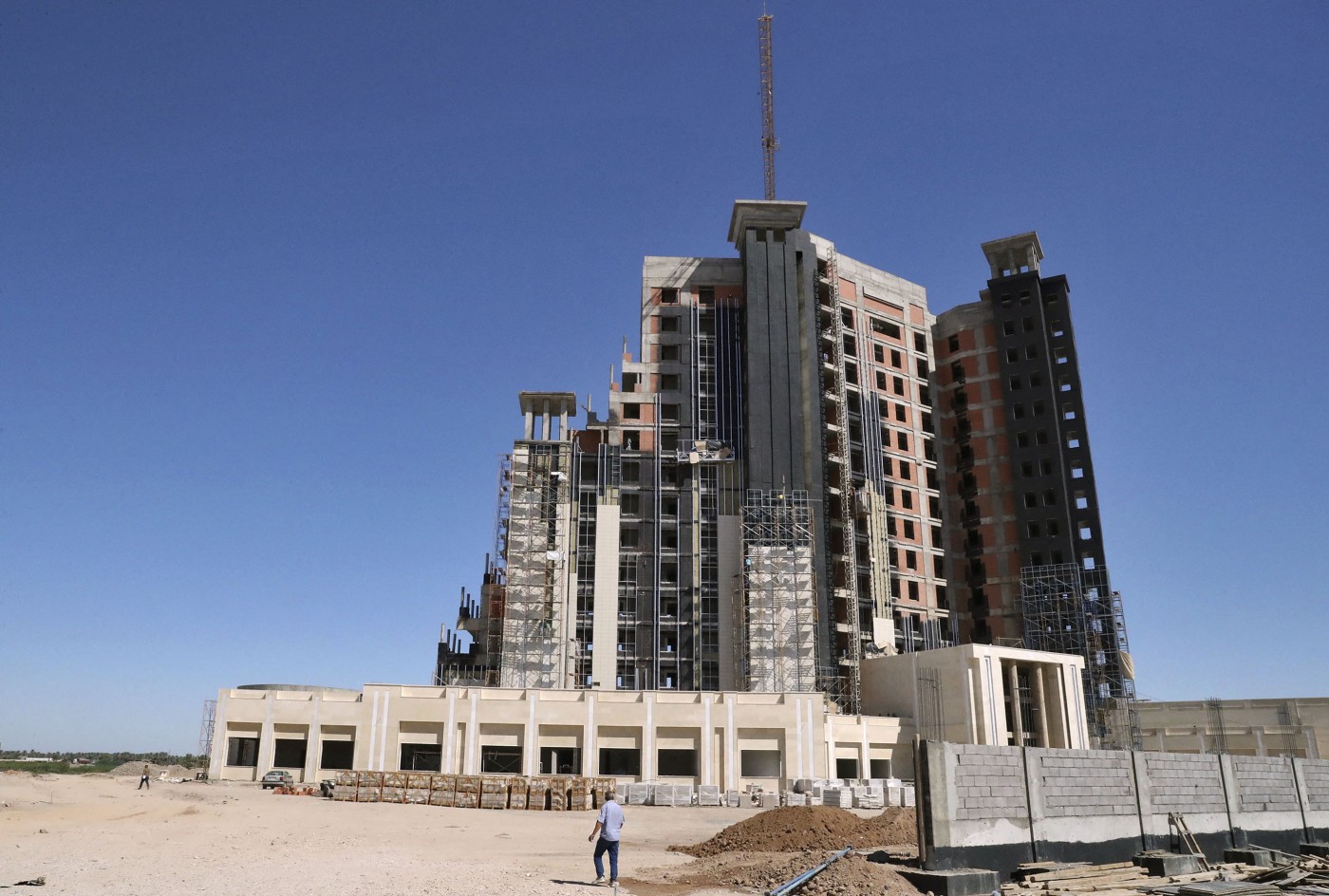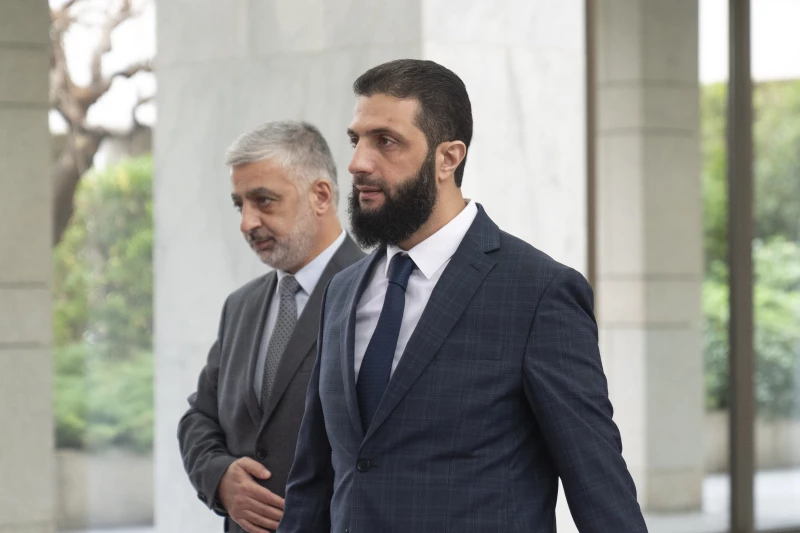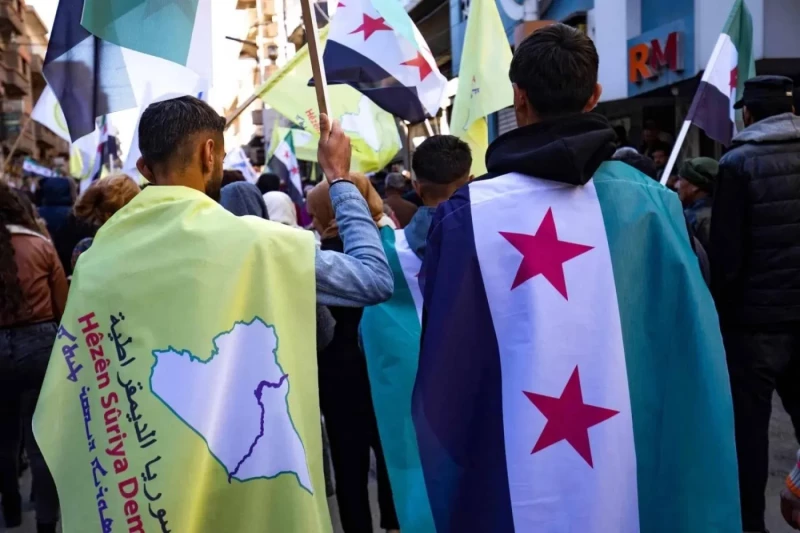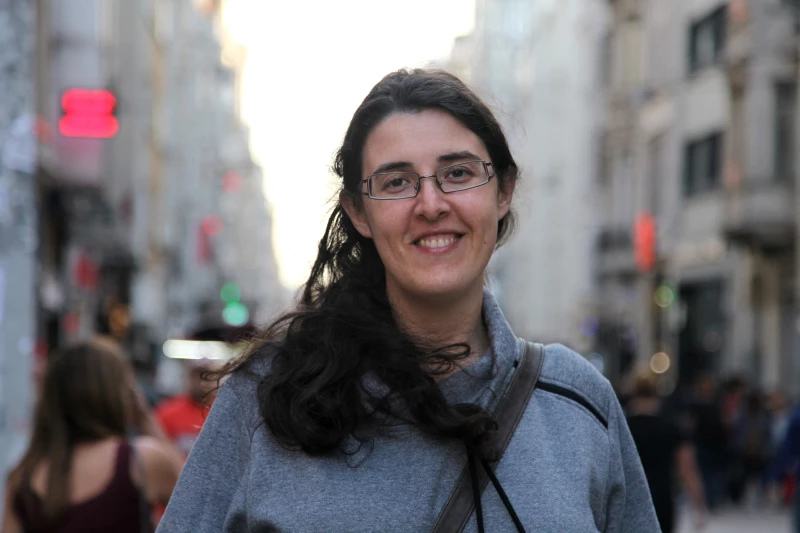ANBAR, Iraq - In the tumultuous tale of Anbar province, we witness the ebb and flow of fortunes, the stifling of dissenting voices that once sowed chaos and bloodshed, and now, the arduous journey of resurgence and reconstruction. To reclaim the spotlight demands monumental exertion, a concerted effort to rebuild what the forces of malevolence and their agents laid to waste.
Such is the narrative unfolding in Anbar, where the specter of the past casts a pall over the present, particularly unsettling the nerves of the capital, Baghdad. Even the corridors of power, with their attempts to diminish the province's allocation in the sanctioned budgets, reflect the apprehension gripping the nation.
It is noteworthy that Prime Minister Mohammed Shia' al-Sudani made a visit to Anbar on April 24 to gauge the province's current situation firsthand.
Is Anbar bearing the brunt due to Halbousi?
Private sources have affirmed that Sudani’s government intentionally withheld funds designated for the province in the 2023 budget, out of concern that such allocation might bolster the political influence of Mohammed al-Halbousi, former parliamentary speaker and the leader of the Taqaddum Party, within Anbar province.
The anonymous source further disclosed that "Sudani is acutely aware that Halbousi is strategically positioning himself to bolster his significant popularity within Anbar province should the earmarked funds for projects and services be disbursed in accordance with the general budget."
"Sudani's strategy involves fielding candidates from diverse sects in the upcoming elections, aiming to secure parliamentary seats from Anbar province,” the source added.
Sources have also unveiled an electoral political narrative spearheaded by Sudani, targeted at the Sunni populace in Iraq, particularly in Anbar province, with the intention of garnering their support, hinting that "this initiative could mark the onset of a direct clash between Halbousi and Sudani."
It is noteworthy that Anbar province stands alone as the sole region where a single party, embodied by Taqaddum, has successfully asserted its dominance over both local government positions—the governorship and the chairmanship of the provincial council. This is in stark contrast to the persistent political strife observed in certain provinces such as Kirkuk and Diyala.
Anbar: Heart of the Sunni community
Political analyst Saif al-Saadi said that "Anbar province has been denied its rightful share in the tripartite budget, largely due to apprehensions harbored by influential factions regarding the ongoing reconstruction efforts within the province.”
"These factions are resistant to the continuation of the reconstruction process, with the Taqaddum Party, pivotal in restoring stability and fostering political concord, along with bolstering security and societal facets, in order to rejuvenate Anbar following the scourge of terrorism and its affiliates,” he added.
Saadi further emphasized, "Anbar province is universally recognized as the nucleus of the Sunni community, wielding significant influence over its political and social determinations, owing to its strategic geopolitical positioning and its adjacency to three Sunni Arab nations."
He highlighted that Political stakeholders in Baghdad perpetually harbor concerns regarding the sustained political stability in the province, as its instability conveniently aligns with the agendas of certain political entities aiming to advance their interests.
He observed that "certain political figures from outside Anbar are consistently fixated on hindering the province's progress, perpetuating a state of disarray and disunity among the Sunni community."
Rebuilding amid devastation
On the flip side, political researcher Ali Najdiyah highlighted, "Anbar has risen from the ashes of conflict through a conspicuous and far-reaching reconstruction endeavor, evident to all who set foot in the province."
“This concerted effort will pressure the local authorities to persist in and uphold the campaign to safeguard security and stability,” Najdiyah added.
"The withholding of budgets for Anbar and the deliberate delays in releasing allocated funds to the province represent nothing short of hostile tactics employed against Sunni regions,” he said, affirming that "despite these adversarial policies, Anbar has experienced a notable advancement in service provision, infrastructure enhancement, and urban development, placing certain officials in other central and southern provinces in a position of discomfort vis-a-vis their constituents."
Local government amid financial dearth
In response, the Anbar Provincial Council emphasized “the reconstruction of the infrastructure ravaged by years of terrorist operations, long suspended, demands a financial commitment exceeding 500 billion dinars."
"The funds allocated by the central government to kickstart these dormant projects fall short of the magnitude of the task at hand, necessitating a substantial budget to fulfill the outlined plan,” Council member Saad al-Mahmudi underscored.
"Without adequate financial backing from the central government, the newly elected local administration finds itself hamstrung, unable to discharge its responsibilities and ensure the continuity of the reconstruction efforts and the enhancement of service delivery,” he added.
Strategic significance
Emir of Qatar Sheikh Tamim bin Hamad Al Thani embarked on an official visit to Iraq in June of last year, during which Anbar province received due attention. His discussions revolved around the imperative of reconstruction and investment in the desert regions.
Notably, Anbar's pivotal border position confers upon it a non-political advantage, being intricately linked to the frontiers of three Arab nations: Syria, Jordan, and Saudi Arabia.
Studies affirm that this strategic location has bestowed upon Anbar considerable significance in facilitating the export of Iraqi oil through a key pipeline network that spans from the northern oil fields to the southern ones, ultimately reaching Mediterranean ports.
Foreign publications have observed a flourishing investment landscape in Anbar province, particularly following the attainment of security stability—a cornerstone in attracting prospective investors.


 Facebook
Facebook
 LinkedIn
LinkedIn
 Telegram
Telegram
 X
X



